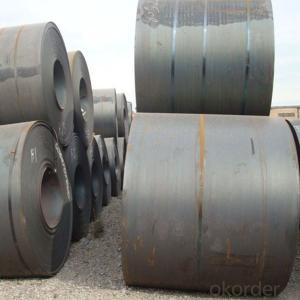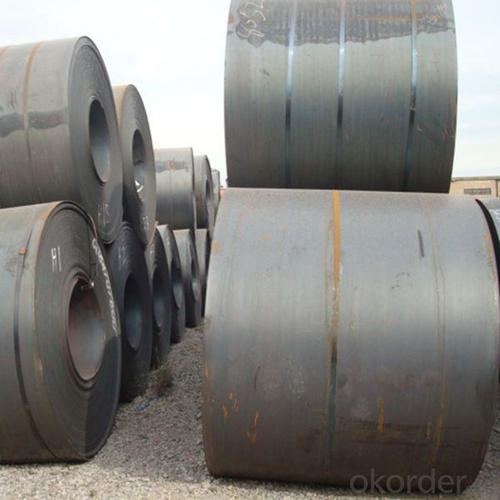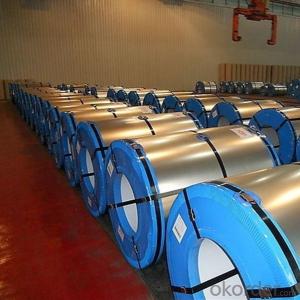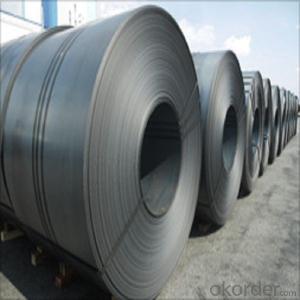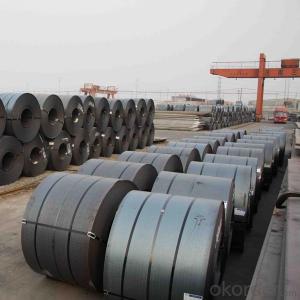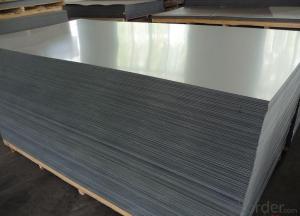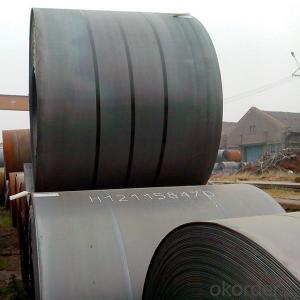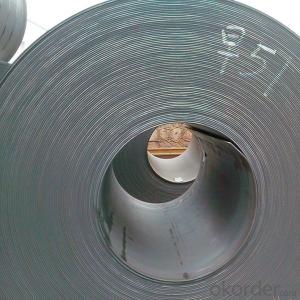Hot Rolled Steel Sheets from China with Good Quality SS400
- Loading Port:
- China main port
- Payment Terms:
- TT OR LC
- Min Order Qty:
- 28 m.t.
- Supply Capability:
- 10000000 m.t./month
OKorder Service Pledge
OKorder Financial Service
You Might Also Like
Specification
DESCRIPTION FOR SS400 CARBON STEEL SHEET
1.Thickness: 1-200mm
2.Width: 100-3000mm
3.Length: 1000-12000mm
4. Applications :mining machinery, environmental protection, engineering
5. Grade:SS400 A 36 Q195.Q235.Q345.SPCC.SPCH
6.Surface : Hot Rolled Cold Rolled Galvanized Steel
TRADE TERMS :FOB, CFR, CIF
PAYMENT&DELIVERY FOR STEEL COILS/SHEETS
Payment Terms | 100% LC at sight,or 30%TT in advance, balance against B/L copy |
Delivery Time | With 30-40 days after deposit |
Price Terms | Ex-Work, FOB, CNF, CFR, CIF,etc |
PICTURES:
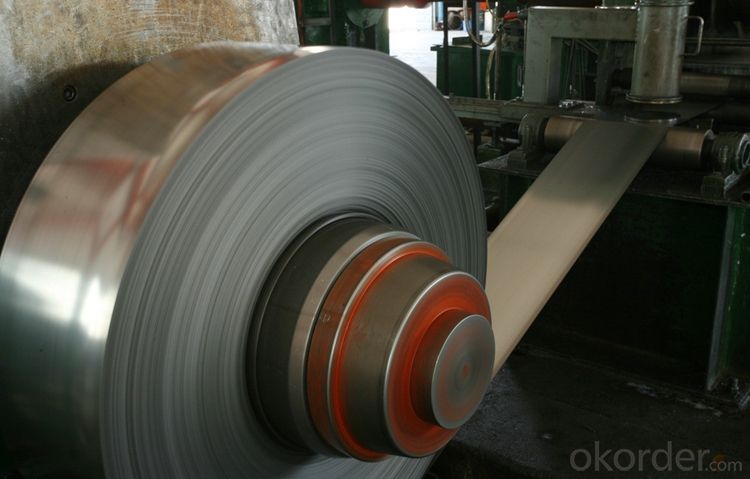
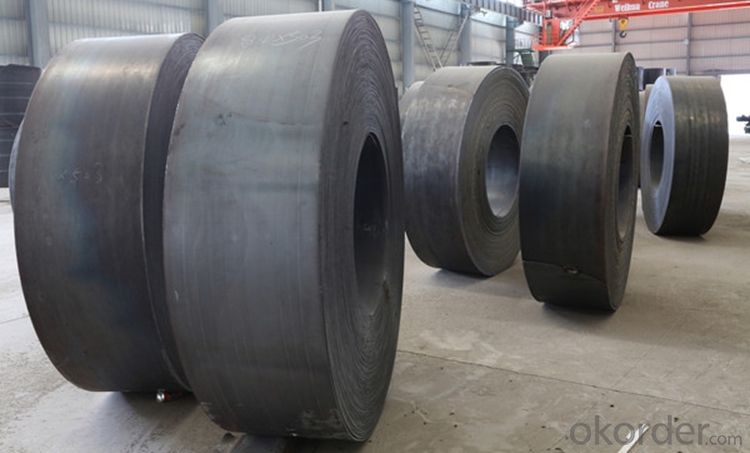
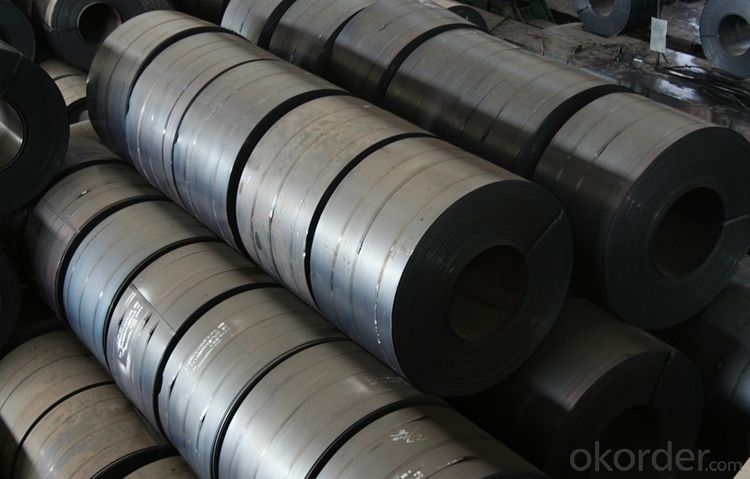
EXPORT MARKET FOR STEEL COILS/SHEETS
Our target market is the international market. Every year we export most of products to countries like India, Pakistan, South Korea, Brazil, Australia, South Africa, Spain, Sri Lanka, Taiwan, Hong Kong, etc.
FEATURES OFSTEEL COILS
(1)Good ductility
(2)Good corrosion resistance
(3)Excellent abrasion resistance and fatigue strength
(4)Good weldability
(5)Oxidation resistant performance
(6)Excellent in high temperature
OUR SERVICE
1.High quanlity and reasonable price.
2.Customized on-demand.
3.Reasonable shipping and fast delivery.
4.Free sample.
FAQ
Q:How about the trade terms?
A:EXW,FOB,CFR,CIF will be accepted.
Q:How about your payment terms?
A:30%TT in advance and the balance against of copy of B/L.The irrevocable L/C at sight will be accepted.
- Q: I saw an amazing flamenco player, however i have a steel string guitar, where he had a nylon stringed one. So i was wndering if its possible to play flamenco songs on the steel string guitar, and where could i find a tab for it? are there tabs for rasegueados?
- Well, you couldn't play traditional flamenco on a steel string guitar, that's for sure. What you could do is learn some flamenco chords and chord progressions. One problem is that a lot of flamenco techniques on a steel string guitar -- rasgueado, for example -- will literally sand your right hand fingernails down to the nub. It's not going to be pretty, and will probably be painful. Even on a flamenco guitar I protect my right hand nails with a thin coat of super glue. Also, the fingerboard of a flamenco guitar is wider than that of a steel string guitar. That's because many of the notes played in flamenco are actually played with the left hand, not the right hand - lots of hammer ons and pull offs. You can do that higher up the neck on an steel string guitar, but it would be hard to do that in first position on that guitar. Anyway, yes, to a small extent you could conceivably do something that has a flamenco sound on a steel string guitar. But why? You can get a great student model flamenco guitar from Yamaha. It's only $350. Then, you need a teacher. Flamenco is difficult to learn (I've been at it for ten years) and it's important to learn from an instructor who can teach you the correct techniques. Otherwise, you just have to learn everything all over again when you finally do take lessons. Intermediate and advanced students can learn from a video, but beginners really need face time with an instructor. Best wishes.
- Q: I installed it, added it in F3 launcher and then after one minute of walking in wasteland I get a signal that Broken steel was added and that my level of caps was raised by 30. However after this message no quest is added. I played all 4 exp. packs and I had no problem at all, each time a new quest was added. So whats up with this Broken steel. Btw, I completed the entire game F3.
- Broken Steel's quests activate once you have beaten the final mission in the purifier. If you have already beaten the game, then you should just go back to the purifier and beat it again, since normally you wouldn't be able to continue to play the game once you have beaten it without Broken Steel. If you were able to continue playing the game, then it's likely that whatever mod you used is interacting with the game and making it impossible for Broken Steel to activate.
- Q: What are the common coil transportation options?
- Common coil transportation options include using flatbed trucks, rail transportation, and cargo ships. Flatbed trucks are commonly used for shorter distances and provide easy loading and unloading of coils. Rail transportation is often used for longer distances, offering cost-effective and efficient transportation. Cargo ships are utilized for international shipments, allowing for large quantities of coils to be transported across long distances.
- Q: I want to buy a machete made of 1055 carbon steel, and want to know if this steel is durable for repeated use, or even combat use.
- From okorder /
- Q: What are the common welding techniques used for steel coils?
- The common welding techniques used for steel coils include shielded metal arc welding (SMAW), gas metal arc welding (GMAW), and flux-cored arc welding (FCAW). SMAW, also known as stick welding, is a manual welding process where an electric current is used to create an arc between the welding electrode and the base material. The electrode is coated with a flux material that provides a shielding gas to protect the weld from atmospheric contamination. This technique is versatile and can be used for both thick and thin steel coils. GMAW, commonly referred to as MIG (metal inert gas) welding, is an automated process that uses a continuous wire electrode and a shielding gas to protect the weld area. The electrode is fed through a welding gun, and an electric current creates an arc between the wire and the base material. This technique is fast and efficient, making it suitable for high-volume production of steel coils. FCAW is a variation of GMAW that uses a tubular electrode filled with flux instead of a solid wire. The flux provides a shielding gas and also releases additional fluxing agents to protect the weld from impurities. FCAW is often preferred for welding thicker steel coils as it provides better penetration and higher deposition rates. In addition to these techniques, other welding methods like laser welding and electron beam welding can also be used for specific applications in steel coil manufacturing. These techniques offer precise and high-quality welds but are typically more expensive and require specialized equipment. Overall, the choice of welding technique for steel coils depends on factors such as the thickness of the material, production volume, and specific requirements of the end product.
- Q: How are steel coils used in the manufacturing of shipbuilding?
- Steel coils are used in shipbuilding to create various components and structures. These coils serve as a primary material for fabricating ship hulls, decks, bulkheads, and other structural elements. They are typically cut, bent, and shaped to fit specific design requirements, providing strength and durability to the ship's construction. The steel coils are also often used to produce pipes, cables, and other fittings essential for the ship's mechanical systems. Overall, steel coils play a crucial role in the manufacturing of ships, ensuring their structural integrity and seaworthiness.
- Q: Perform three sets of 15 repetitions several times a week and you will soon have buns of steel.
- Means you will have a nice booty, but the true question is... What does Buns of Steel mean by several times and SOON? Good luck.
- Q: How do steel coils contribute to energy performance in buildings?
- Steel coils contribute to energy performance in buildings through their use in the construction of energy-efficient heating, ventilation, and air conditioning (HVAC) systems. Steel coils are commonly used in HVAC equipment, such as air handlers and heat exchangers, due to their excellent thermal conductivity and durability. By efficiently transferring heat or cool air, steel coils help regulate the temperature in buildings, reducing energy consumption and improving overall energy performance. Additionally, steel coils are often used in the construction of insulated panels and roofing systems, providing excellent insulation and preventing thermal bridging, thereby further enhancing the energy efficiency of buildings.
- Q: How do steel coils compare to other materials?
- There are multiple advantages to using steel coils instead of other materials. Firstly, steel is renowned for its strength and durability, which makes steel coils highly resistant to wear and tear. This quality allows them to be used in a wide range of applications. Additionally, steel coils have excellent heat resistance, making them ideal for high-temperature environments. Furthermore, steel coils offer superior corrosion resistance compared to many other materials. This is especially important in industries like construction and automotive, where exposure to moisture and chemicals is common. Steel coils can withstand these harsh conditions, ensuring long-lasting performance and reliability. Another benefit of steel coils is their versatility. Steel can be easily molded into various shapes and sizes, allowing for customization and flexibility in design. As a result, steel coils are suitable for a wide range of applications in manufacturing, construction, transportation, and energy industries. Moreover, steel coils provide good value for money. Despite their numerous benefits, steel coils are generally more affordable than materials like aluminum or copper. This makes steel coils a cost-effective choice for businesses and industries seeking high-quality and reliable materials. In summary, steel coils offer multiple advantages over other materials. They possess high strength, durability, and heat resistance, along with superior corrosion resistance. Steel coils are also versatile and easily customizable for different applications. Additionally, they provide good value for money. Overall, steel coils are a dependable and efficient option for various industries and applications.
- Q: I want a stainless steel refrigerator that doesn't leave fingerprints and I'm looking on Lowe's website but they have too many choices and i don't have a clue what they are. The have stainless, stainless look, stainless steel, monochromatic satina, and monochromatic stainless steel. Can anyone tell me what the heck those mean? lol
- Stainless Look vs Stainless in refrigerators usually refers to true Stainless Steel versus Satina. There's pluses and minuses both ways actually. With true Stainless, you have the exact match to the rest of the kitchen (because Satina is only used on refrigeration), but it is more prone to fingerprints, and is not magnetic. The Satina finish has a good look when not directly near a Stainless appliance, and does not show fingerprints and will accept magnets, but is not an exact match to stainless. My usual recommendation is that if you have a kitchen full of Stainless products, stick with the true Stainless Steel. If the refrigerator is more isolated, or is the only thing you want to have a Stainless look, you may want to consider Satina. If you put a lot of magnets on the refrigerator, I'd also recommend to go Satina. And since you don't want fingerprints, the Satina steel might come to your liking.
Send your message to us
Hot Rolled Steel Sheets from China with Good Quality SS400
- Loading Port:
- China main port
- Payment Terms:
- TT OR LC
- Min Order Qty:
- 28 m.t.
- Supply Capability:
- 10000000 m.t./month
OKorder Service Pledge
OKorder Financial Service
Similar products
Hot products
Hot Searches
Related keywords
